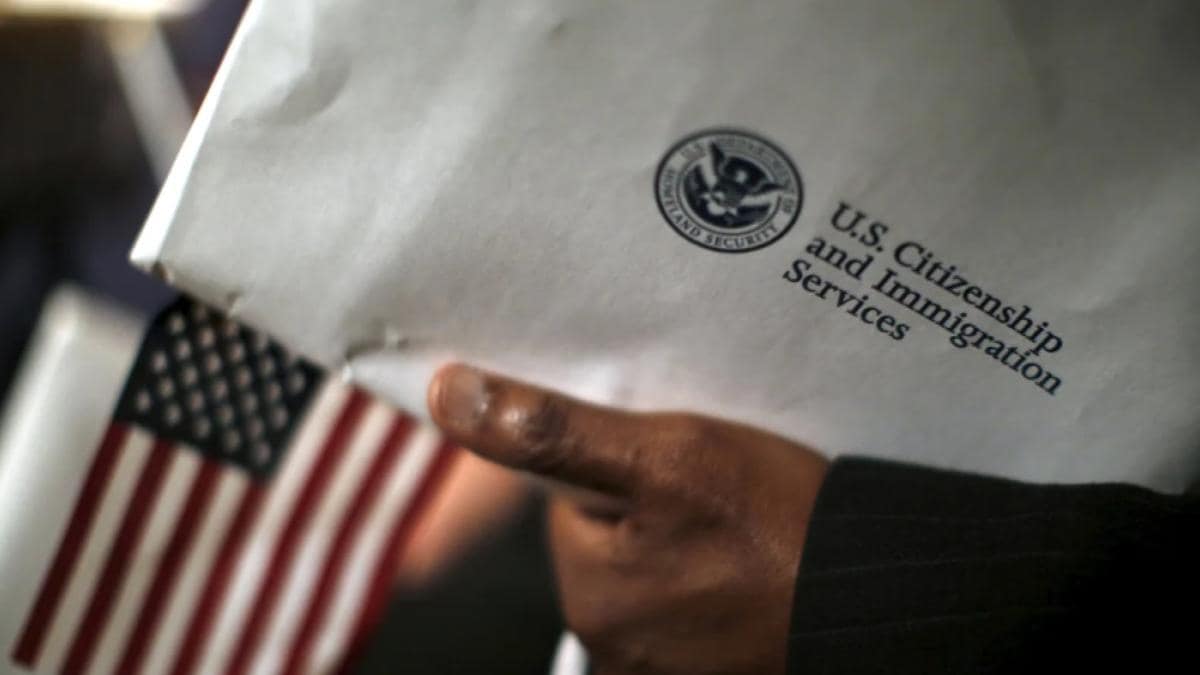Trump Administration Intensifies H-1B Enforcement: Project Firewall, $100K Fee, and 'Hire American' Push
These aggressive enforcement actions signal a significant shift towards restricting H-1B utilization and prioritizing domestic hiring under the Trump administration, profoundly impacting both skilled professionals and their employers.

Subscribe to our newsletter and stay informed about latest H1B news, policy updates and and other developments.
Article Summary
The Trump administration launched 'Project Firewall,' an H-1B enforcement initiative, alongside a proclamation requiring a $100,000 fee for new H-1B applications to prioritize American workers. The Department of Labor reiterated its 'hire American' directive, emphasizing efforts to eliminate fraud and abuse in the program. Additionally, the USCIS proposed a rule to weight H-1B applications based on wage level, favoring higher-paid applicants.
Original Article: financialexpress.com
[ Sentiment: negative | Tone: factual ]
This summary and analysis were generated by TheNewsPublisher's editorial AI. This content is for informational purposes only; it does not constitute legal or immigration advice.
[ Sentiment: negative | Tone: factual ]
This summary and analysis were generated by TheNewsPublisher's editorial AI. This content is for informational purposes only; it does not constitute legal or immigration advice.
TNP AI: Key Insights
This article highlights a significant escalation in the Trump administration's efforts to reform the H-1B program, moving from rhetoric to concrete policy. The introduction of 'Project Firewall' and the proposed $100,000 fee, alongside a shift to wage-based application weighting, represent a substantial departure from previous H-1B policies, fundamentally altering the program's accessibility and cost structure.
For employers, these measures imply increased compliance burdens, higher operational costs, and a narrowing pool of eligible H-1B candidates, potentially pushing them to re-evaluate international hiring strategies. For skilled professionals, particularly those earning lower wages, these changes create immense uncertainty and heighten competition, underscoring a policy environment increasingly hostile to foreign talent.




